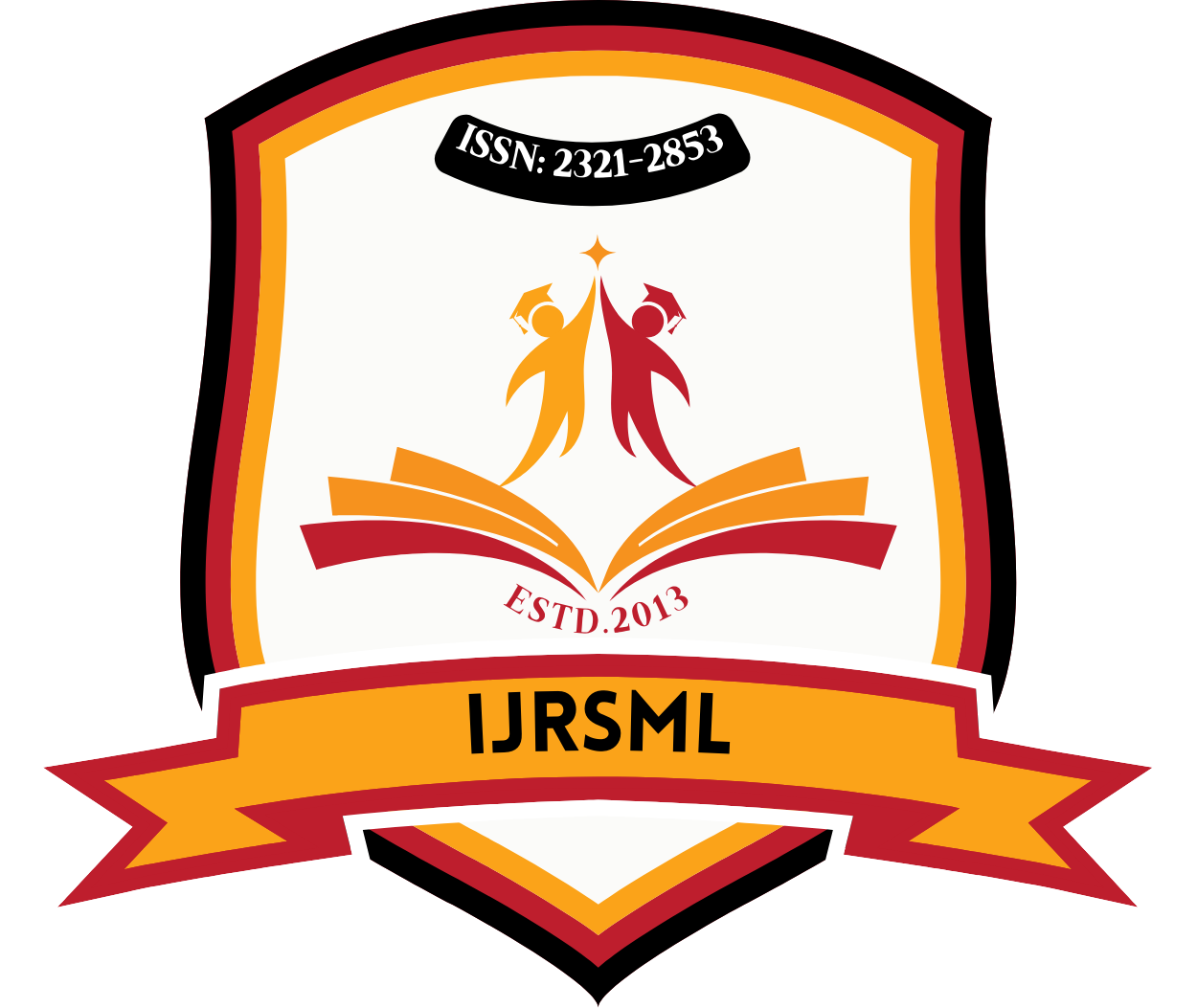![]()
Avinash Goel
Punjab, India
Abstract
The medium of instruction in higher education has been a long-standing critical determinant of academic performance. In most regions, the instruction language is usually not the same as the first language of students, and there are concerns about the possible effect on their academic performance. This research examines the effect of language medium on academic performance in higher education, specifically on students’ understanding, retention, and general academic achievement. The study is grounded on a cross-sectional study of students in universities where the medium of instruction is either a native language or a foreign language like English. From surveys and academic performance, the research investigates how language ability in the instruction medium relates to academic performance in various fields. The evidence indicates that students with higher proficiency in the instruction language perform better academically. The paper concludes by elaborating on the implications of these results for educational policy, proposing means to bridge language gaps in education systems to enhance student performance.
Keywords
Language medium, academic achievement, tertiary education, language ability, language instruction, student achievement, bilingual education, education policy, language variation, cross-cultural education
References
- Baker, C. (2011). Foundations of Bilingual Education and Bilingualism. Multilingual Matters.
- Bialystok, E. (2007). Cognitive effects of bilingualism: How language learning shapes the mind. Scientific American, 297(4), 50-57.
- Cummins, J. (2000). Language, power and pedagogy: Bilingual children in the crossfire. Multilingual Matters.
- Lambert, W. E. (1974). Culture and language as factors in learning and education. Bilingual Education and Bilingualism, 37-52.
- Thomas, W. P., & Collier, V. P. (2002). A National Study of School Effectiveness for Language Minority Students’ Long-Term Academic Achievement. The Center for Research on Education, Diversity, and Excellence (CREDE).
